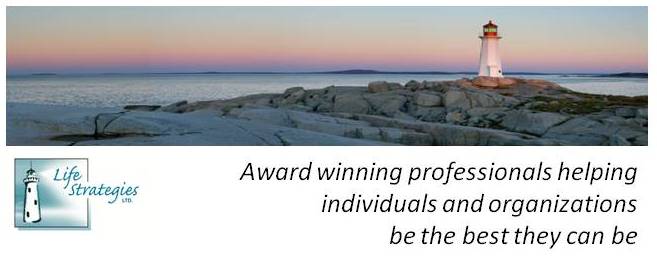Currently I am the Manager of the Abbotsford Works Employment Service Centre. Our program has over four locations offering employment focused programming to the community of Abbotsford, British Columbia. Throughout my management career I’ve met many different people from many different backgrounds. From my experience I’ve noticed three top benefits of having a diverse workplace: perspective, performance, and community.
Perspective: Working with individuals from a diverse cross-section of society can lend your company a unique perspective on community and values. Perspective will give your company an advantage in a number of areas: creativity, experience working with other populations, insight and access into communities that would traditionally be closed.
Companies with a diverse workforce attract many talented individuals who enjoy working for diverse organizations. They find them more inviting and may have more opportunity to showcase talents / skills.
A diverse workplace offers an employer value in way of cultural education. Staff share cultural experiences and sometimes leads to office events that build team relationships (e.g., potlucks, celebrations days that provide coworkers with cultural learning.)
Performance: Work values of diverse workplace cultures can enhance the performance of a company. Work ethic demonstrated by a diverse staff can set a positive standard that drives success. When we talk about diversity we include people from different nationalities, many Canadians from immigrant descent have instilled in them an excellent work ethic. They value their jobs and will do their utmost best to make their company successful. They view hard work as a means to achieving better wages and which in turn will help them provide a better future for their family. Overall approach and pride in their jobs make immigrant workers very attractive to organizations.
Community: A diverse workplace can have many beneficial effects on its surrounding community. Diverse companies are more aware of the needs of their community. They tend to give more monetarily and engage in cultural events in their communities. Communities that feel they have a connection with local businesses will be more incline to support those companies.
Today it is very important for companies to think globally when assembling a workforce. The potential for doing business with partners from overseas or in various populations is growing and is becoming the norm. People like to do business with companies that employ people that look like them, are from a part in the world that is familiar, or share similar values and philosophies.
My prediction is that companies that encourage diversity will be the sector leaders of the future.
Garrison Duke has worked in Employment Services for over 10 years; he has assisted hundreds of participants to gain long- term employment. In his many years of management Garrison has mentored countless staff, helping individuals to maximize their potential and reach peak performance. You can connect with Garrison on LinkedIn, Facebook, or on his website at http://pathsetter.blogspot.ca.






